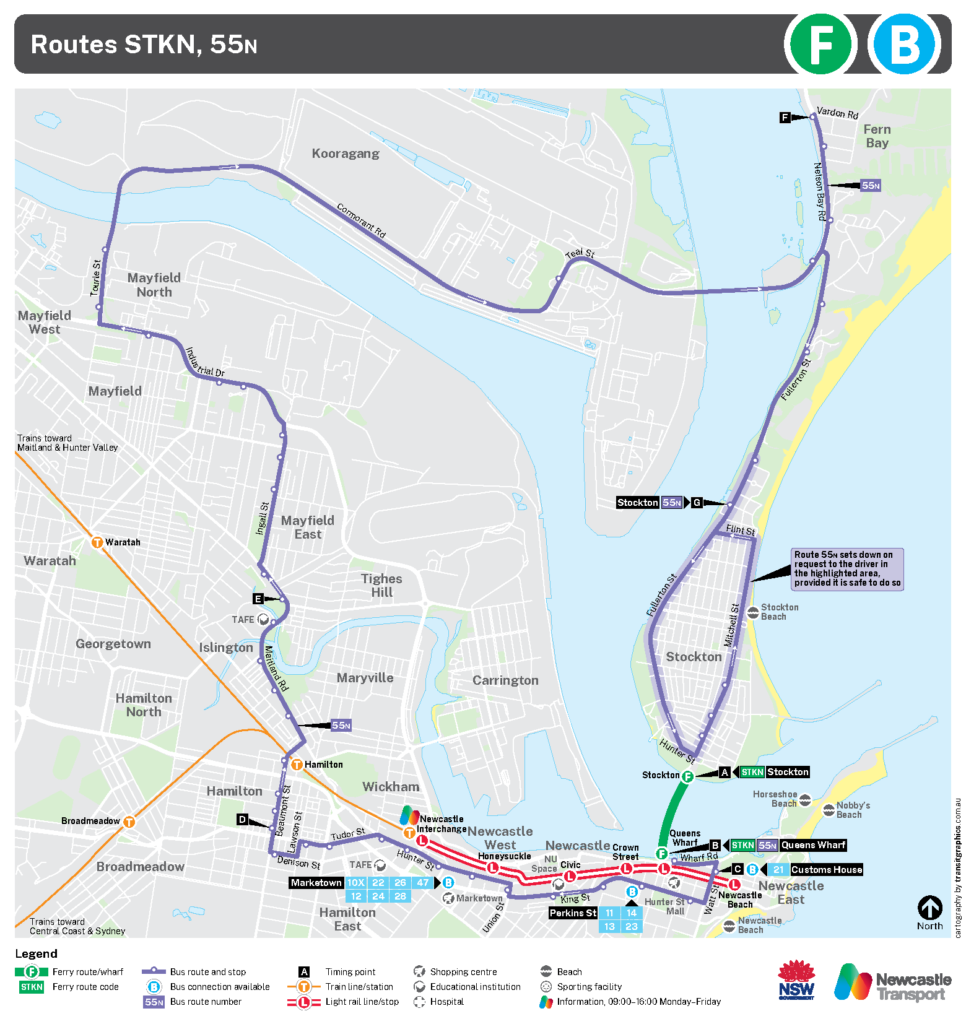Table Talk is one of two publications that the Association publishes each month. It aims to keep readers updated on news about timetable changes and items that impact timetables. Table Talk also contains supplementary news items and some analysis of transport systems and timetables.
Association members can choose to receive these magazines in print form by post, or as pdf files by email, or by both ways. For details of how to organise this, go to Membership.
Contributions, letters and commentary from readers are welcome at all times. They can be sent to .
The deadline for contributions is around the middle of each month. This gives time for the next month’s issue to be compiled and sent to the proof-readers before the printing deadline which is the Sunday before the last Monday in the month.
The members of the ATA supply some items for inclusion into Table Talk, for which acknowledgement is provided. Other news items are sourced from news publications, government releases, and official reports from across Australia & New Zealand, and limited international content.
Table Talk is the sibling to the ATA’s other monthly magazine publication, The Times. In tandem, these publications aim to provide value to members of the Association with access to timetable updates, analysis and other transport content from across Australasia and varied international locations.
Chris Pandilovski has been the Rail, Tram, Ferry, Ship and Air News Editor for Table Talk since December 2019, following the passing of long-time editor Victor Isaacs. Steven Haby has been the Bus Editor for Table Talk since November 2019, and together the two Editors support thorough coverage of both NSW and Victorian news using their collective extensive experience with their home systems.
Digital copies of past Table Talk are available on this website two months after publication. Go to Back Copies.
Table Talk Style Guide
Style
The aim is to maintain good standards of English, and to have a magazine which looks good, but looks different to the ATA’s other magazine, The Times.
Font and Layout
- Text: 10 point, Arial.
- Main Headings: 12 point Arial Bold.
- Sub Headings: 10 point, Arial, Bold.
- Two columns.
Dates and Times
Dates: day/month/year, eg 6 August 2015, 12 Sept 2018.
Time: In 24 hour clock, eg, 0615, 0850, 1245, 1515, 2010. (This is the result of debate in the Association a few years ago.)
(Exception: When quoting directly from a document, the original style should be maintained.)
Spelling
British, not American spelling.
(Exception: program, not programme.)
Other
The following guidelines are not necessarily right or wrong. Rather, the idea is to maintain standardisation within the magazine.
Spell out numbers from one to ten. Use numerals for numbers 11 and above. Use numerals if there is a list of numbers.
Abbreviate Street to St.
(Exception: Spell out Street in full when it is in close proximity to the abbreviation St for Saint, for example Arthur Street, St Albans; Fitzroy Street, St Kilda).
Generally, avoid other abbreviations.
Spell out Road, Parade, Highway, etc in full.
Use “and” not “&”;
Use “would” not “wd”; use “could” not “cd”, etc.
However, well-known abbreviations which will be well-known to readers should be used, eg “km” not “kilometre”, “ARTC” not “Australian Rail Track Corporation”, TfNSW” not “Transport for New South Wales”, etc. However use the long form occasionally to maintain readers’ familiarity.
Follow the current trend to not capitalise some words, eg “station” not “Station”, “government” not “Government”.
On first mention in any news item, indicate which government, eg “The Federal government has decided…”, “The NSW government will implement…”, “The Victorian Minister for Transport…”
De-politicise press releases, eg, change “Albanese government” to “Federal government”, change “Andrews government” to “Victorian government”, and so on. Political neutrality will be maintained. On first mention in any news item, spell out any abbreviations not commonly understood by everyone, eg, “Buses terminate at the Queen Victoria Building”, but subsequently just “QVB”. (The test is: Will this Sydney abbreviation be understood by every Melbourne reader; will this Brisbane abbreviation be understood by Perth readers, etc.). Be conscious of when the magazine is going to appear. So, almost always, when you receive some news about something that is going to happen, it must be written in the past tense, as if it has already happened, because that is when the readers will be reading it.
